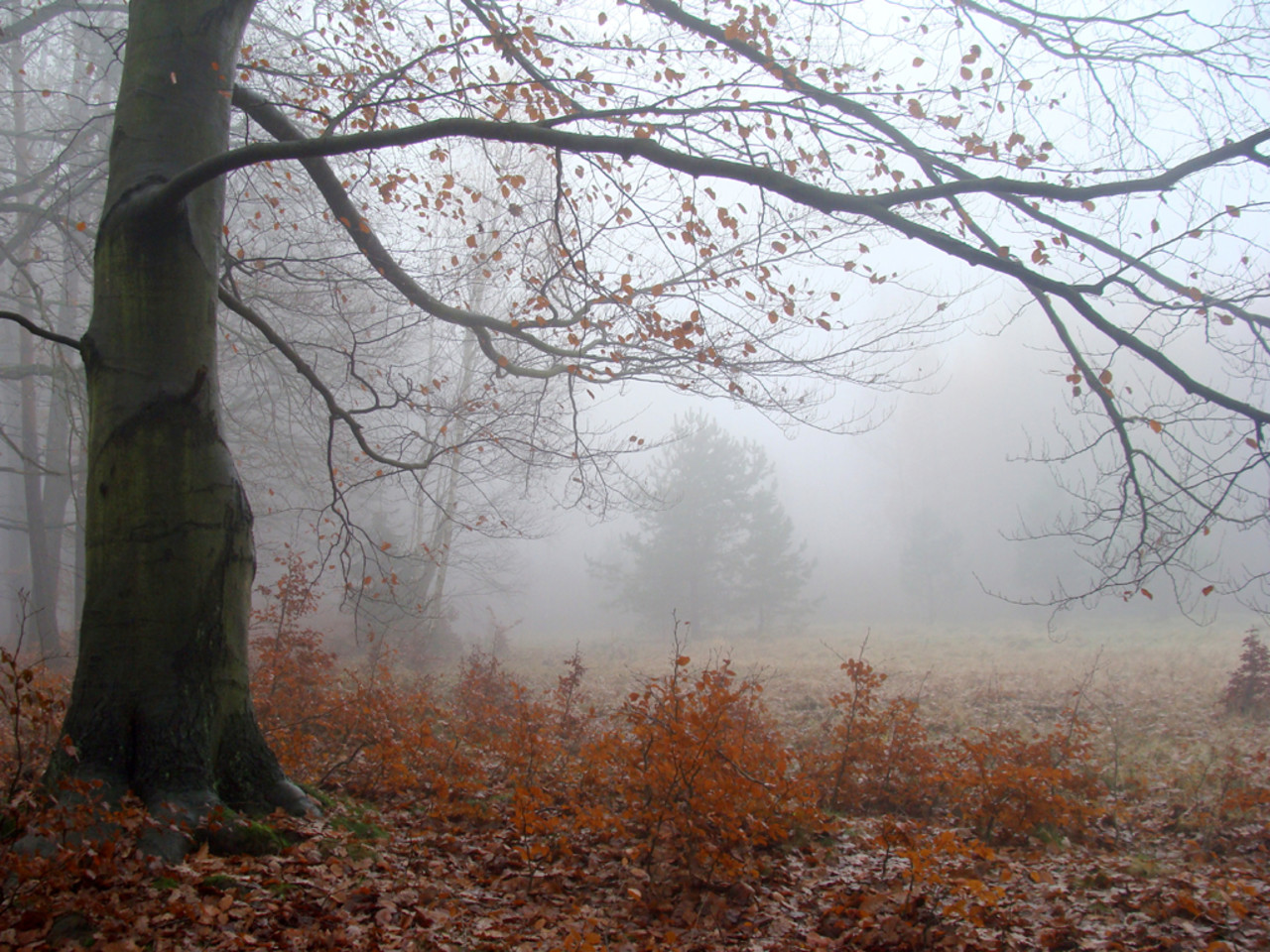
Hiopwebsite
Add a review FollowOverview
-
Founded Date December 8, 1969
-
Posted Jobs 0
-
Viewed 48
Company Description
Live Music
Live Music
Why is live music so powerful?
Live music has a novel ability to resonate deeply with people and communities. Below are some key explanation why it’s so highly effective:

- Emotional Connection: The atmosphere of a reside efficiency fosters a powerful emotional bond between the artist and the audience. The vitality and keenness of the musicians can evoke a variety of feelings.
- Shared Experience: Attending a live performance creates a way of neighborhood among audience members. Sharing the expertise with others enhances feelings of belonging and unity.
- Tactile Sensation: The bodily presence of music, felt via vibrations and sound, can be invigorating and stimulating, typically making the expertise more profound.
Impact on Mood and Well-Being
Live music can considerably uplift spirits and has been shown to reduce stress and anxiousness. The stay setting encourages members to be present and engaged, enhancing their overall well-being.

Creativity and Inspiration
Artists usually push their inventive boundaries throughout stay performances, offering distinctive interpretations of their songs. This spontaneity can inspire and invigorate both the audience and fellow musicians.
Memorable Moments
Live music is commonly related to significant life occasions and memories. This connection enhances its power, as individuals can recall specific concerts and performances that have shaped their lives.
In summary, the blend of emotional engagement, neighborhood, and sensory expertise makes reside music a transformative drive in our lives.
What is a live music session?
A stay music session refers to a efficiency where musicians play and sing in real-time, usually in entrance of an audience. These sessions can take place in numerous venues, including
- concert halls
- bars and pubs
- festivals
- music clubs
- outdoor events
Live music periods can differ in style and format. Some key aspects embody:
- Confirmed Artists: Well-known bands or solo artists usually perform their songs.
- Open Mic Nights: Local talents or amateurs get the possibility to showcase their expertise.
- Jam Sessions: Musicians spontaneously be part of collectively to create music without a rehearsed plan.
- Acoustic Sets: Performances that concentrate on vocals and acoustic devices, creating a extra intimate ambiance.
These classes not solely entertain but in addition foster a sense of neighborhood among attendees, permitting music lovers to attach and share their passion for stay performances.
Why do they call it DJ?
The time period “DJ” stands for “disc jockey,” a title that originated from the mix of two key parts within the music world. Here are the primary reasons why it’s called DJ:
- Disc: This refers to vinyl records or CDs that DJs used to play music during their performances. Historically, DJs would spin these bodily discs to create a seamless flow of music.
- Jockey: This time period is derived from the idea of “jockeying” or manipulating the music. DJs skillfully mix tracks, regulate tempos, and create transitions, similar to how a jockey rides and controls a horse.
As technology has advanced, the strategies and tools used by DJs have advanced, but the fundamental position remains the same: to curate and current music in an engaging way.
Evolution of the DJ
- Originally centered on vinyl information.
- Adoption of CDs and digital formats.
- Use of software and 오피 controllers for mixing.
In conclusion, the time period “DJ” encapsulates both the medium of music played and the ability involved in delivering an entertaining musical experience.
